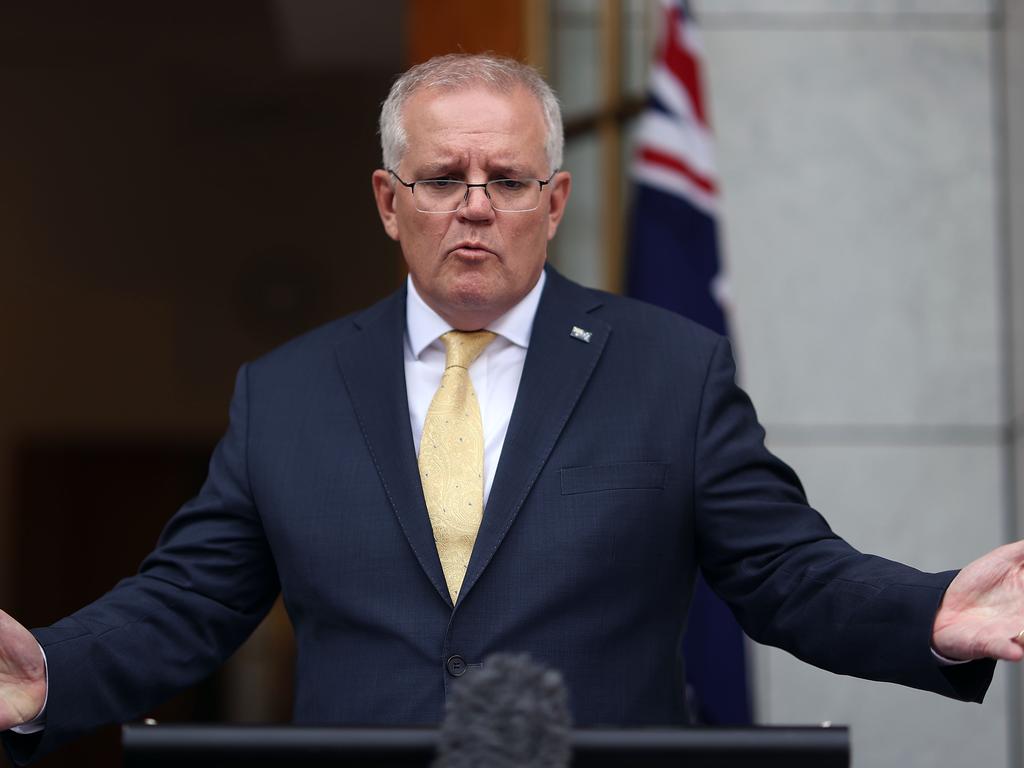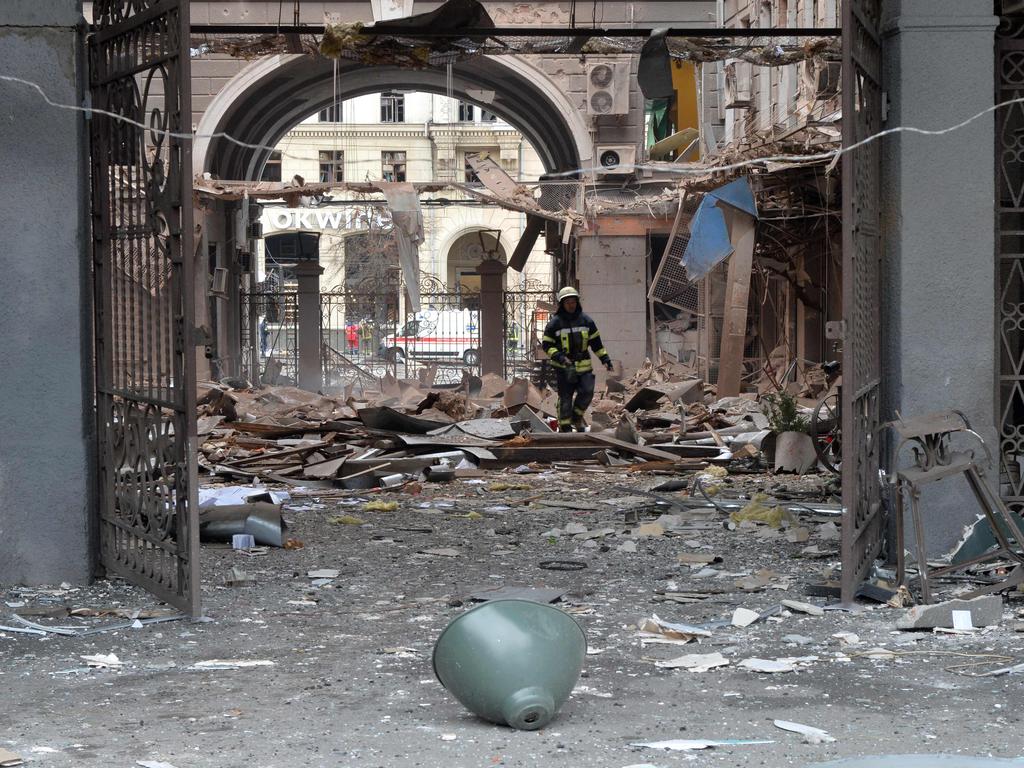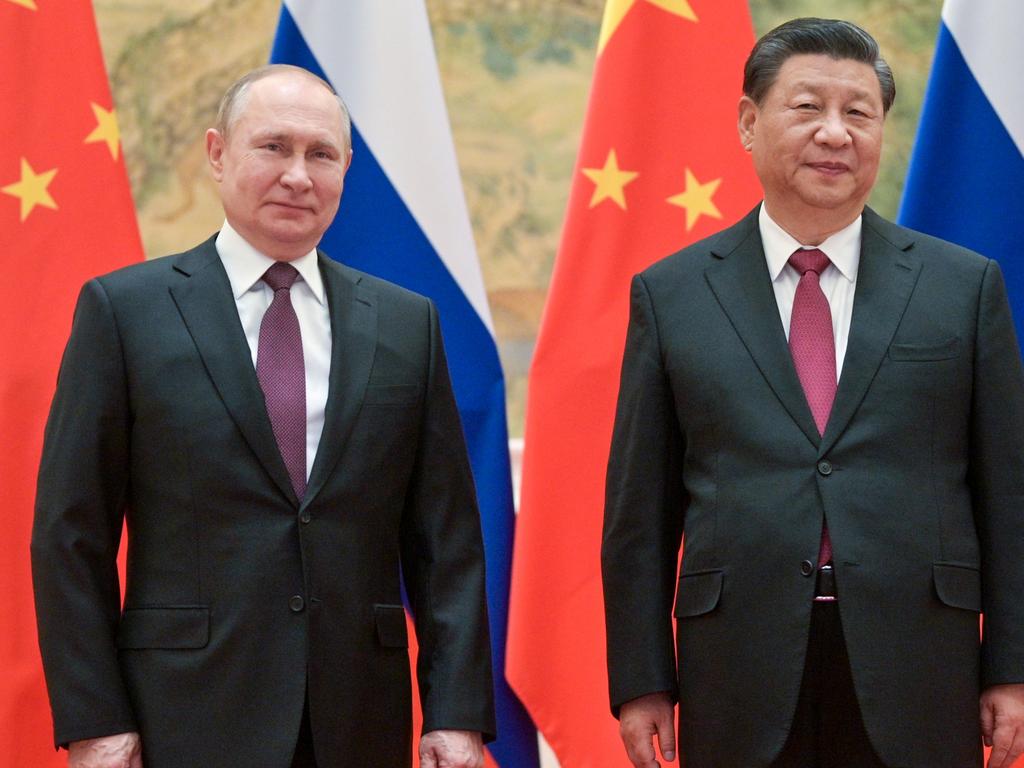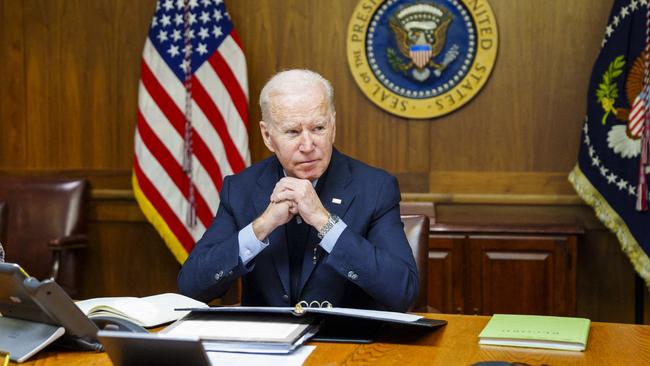
A new and unprecedented form of warfare is joined in the Ukraine – between the 21st-century globalised instruments of finance, economy and trade, and President Vladimir Putin’s 20th-century resort to military invasion, nuclear threats and bombing of civilian populations.
The West, led by US President Joe Biden, has found a substitute for its refusal to countenance a direct military contest with Russia – taking Putin by surprise with an array of sanctions that Russia never contemplated and that gives China a new problem to assess.
Western response is driven by common alarm fused with an outraged morality. Putin’s mindset reflects Stalin’s famously alleged remark: “How many divisions has the Pope?” The West has sent no divisions into Ukraine but has triggered sanctions with the potential to ruin Russia’s economy and demoralise its leader.
This is soft power allied with finance power pitted against military power. Putin has already lost the morality/propaganda contest. His mistake was to think it didn’t matter. He saw only a weak and ineffective West typically divided internally over any war decision. But the nature of his invasion – unprovoked, unjustified and immoral – only united his opponents.
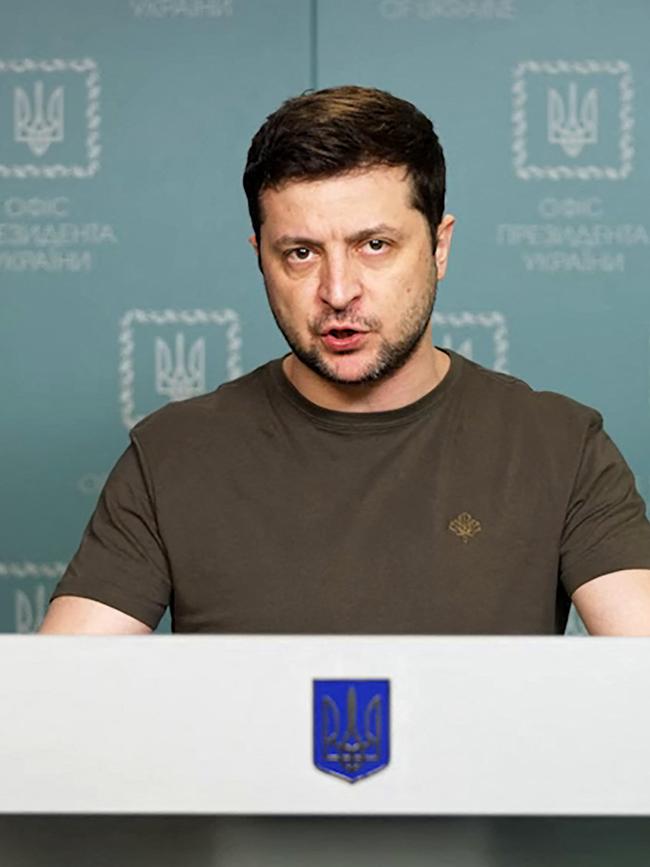
Facing in Volodymyr Zelensky a comedian turned President for whom he had only contempt, Putin was blindsided by a common man as hero to the world. Biden and the Europeans are plagued by guilt – guilt that they cannot risk a direct military engagement but seized by the imperative to meet Putin with strength. Their solution to this dilemma is war by globalised instruments. This is a new form of economic warfare, justified yet filled with unpredictable and unintended consequences. Bringing ruin to a major country will unleash multiple demons. The sanctions against Russia dwarf the usual application of sanctions for transgressing nations.
Putin has targeted Kyiv but the West, led by Biden, has targeted Moscow – one used troops, the other finance. This is a step into new territory taken by a frustrated West that wants to stop Putin and is alert to his nuclear threats. The consequences will be mammoth. Will this brand of economic warfare be judged to succeed and become a startling fresh Western innovation? Or will it fail, only further discrediting the West in its intensifying contest with the autocracies?
The West’s response has raised the stakes and angered Putin – witness his warning that sanctions aiming to cripple his economy “were akin to an act of war”. He’s alarmed. The more setbacks Putin faces in his Ukraine invasion, the more violence he will deploy and the more strident will be his threats against Ukraine and NATO.
Putin may win the battle but he is entrapped. The more bloody the slaughter, the more united his NATO opponents and the tighter the sanctions noose. There are two guaranteed consequences – Russia and China will be driven together in mutual self-help (not a good result for the West) and Russia’s grip on Ukraine will remain contested, entrenching division between Russia and the West with the danger of escalating military conflict.

Yet there are limits to war by globalised instruments. It cannot defeat military power in its own right. It afflicts a nation, not just its leaders. Will the Russian people blame Putin or the West? Will Western democracies have the will to persevere with sanctions that punish their publics with inflation and petrol prices? Can the sanctions be sustained?
Nothing better illustrates the globalised warfare than the decision by Western authorities to freeze transactions with Russia’s central bank, thereby denying Putin resort to much of his internationally held $630bn foreign reserves war chest. This prevents Russia from defending its currency and financing its war, and provokes confidence-destroying inflation. A Biden administration official branded this a step to “disarm” Russia’s Central Bank.
With China sitting on a stack of reserves worth more $3 trillion Beijing will have a lot to assess when it calculates the pros and cons of action against Taiwan. Of course, a globalised assault on Russia is far easier than such an assault upon China given its integration with the world economy.
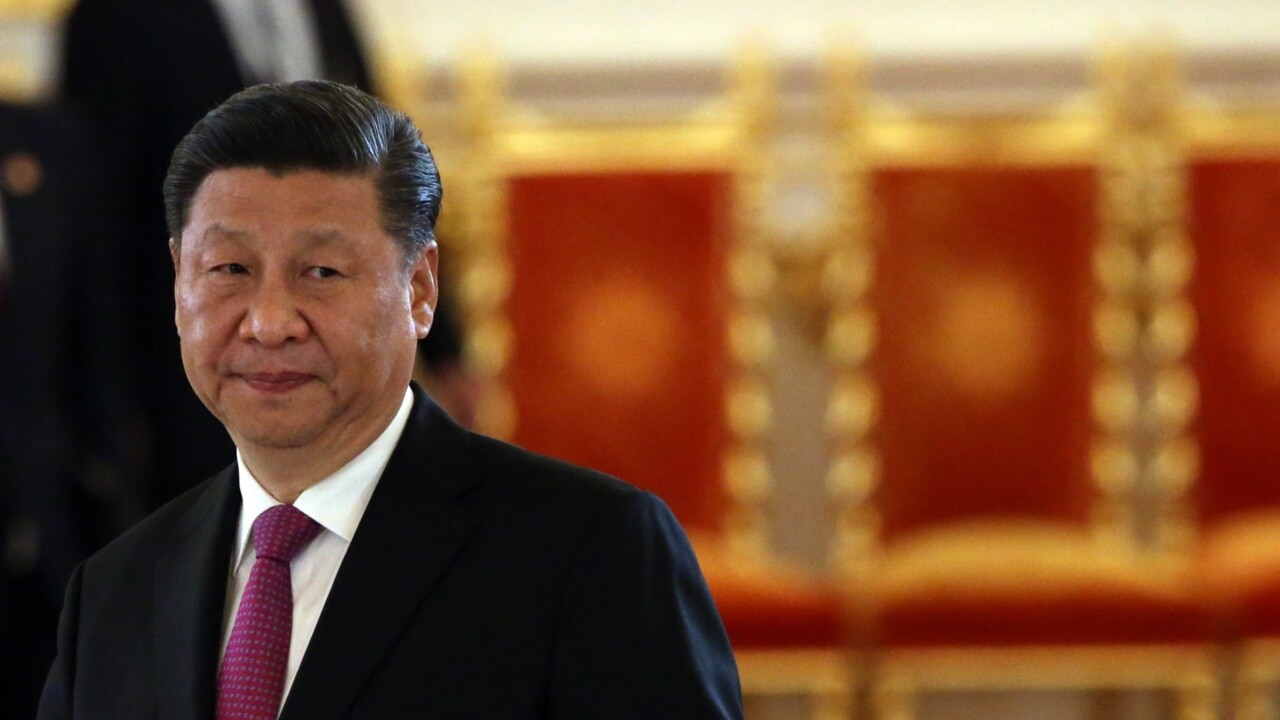
But the trend cannot be missed. Beijing has used economic coercion against nations including Australia and now the West is deploying financial retaliation against Russia. Beijing, already advancing down the pathway of more economic self-sufficiency, will only have more incentive to reinforce the process. Economic warfare as a tool of geopolitics is here to stay.
China knows Putin has made himself a test case. Companies are quitting the Russian market; sporting organisations are staying away; Russian banks are locked out of the SWIFT messaging system that underpins global financial transactions. Energy, so far, is the big exemption though energy prices have skyrocketed. An energy crisis is already looming.
Europe relies on Russia for 45 per cent of its gas and about a third of its oil demand. But Putin has transformed the equation – energy is going to be driven by geopolitics tempered by Western politics. The Biden administration now assesses a ban on Russia’s oil imports to the US.
It’s tricky. Biden wants to punish Russia further but not punish American consumers who may not have the same enthusiasm to cripple Russia’s economy. Energy guru Daniel Yergin predicts a large loss of Russian oil anyway and a supply crisis. Putin, meanwhile, has the option of his own energy retaliation against Europe given the depth of its dependency on Russia. The steel of Biden and European leaders will be severely tested by rocketing energy prices with the potential to send their publics into electoral revolt.
Beijing will also assess the global political implications of Putin’s invasion – Putin believed he had a claim to Ukraine but when he weaponised that claim by invasion he found most of the rest of the world repudiated the validity of his claim and his action.
The big lesson is obvious: smart nations don’t do invasions. Putin will finish weaker, not stronger. This will become a serious management problem for Beijing.
Consider Putin’s miscalculations. He chose invasion, not destabilisation. He telegraphed his intention and US intelligence got it right (something for China to consider). He gave Biden the chance to co-ordinate a NATO response before Putin even moved. Putin misjudged Ukraine’s will to fight and the West’s ability to hurt him.
The West, in a surprise to many, seems to have found its resolve. But will that be sustained? Scott Morrison is not convinced. Biden, meanwhile, warns Putin that the US will defend “every inch” of NATO territory with “the full force of our collective power”. And Biden knows he must deliver on such military action if tested by Putin.


